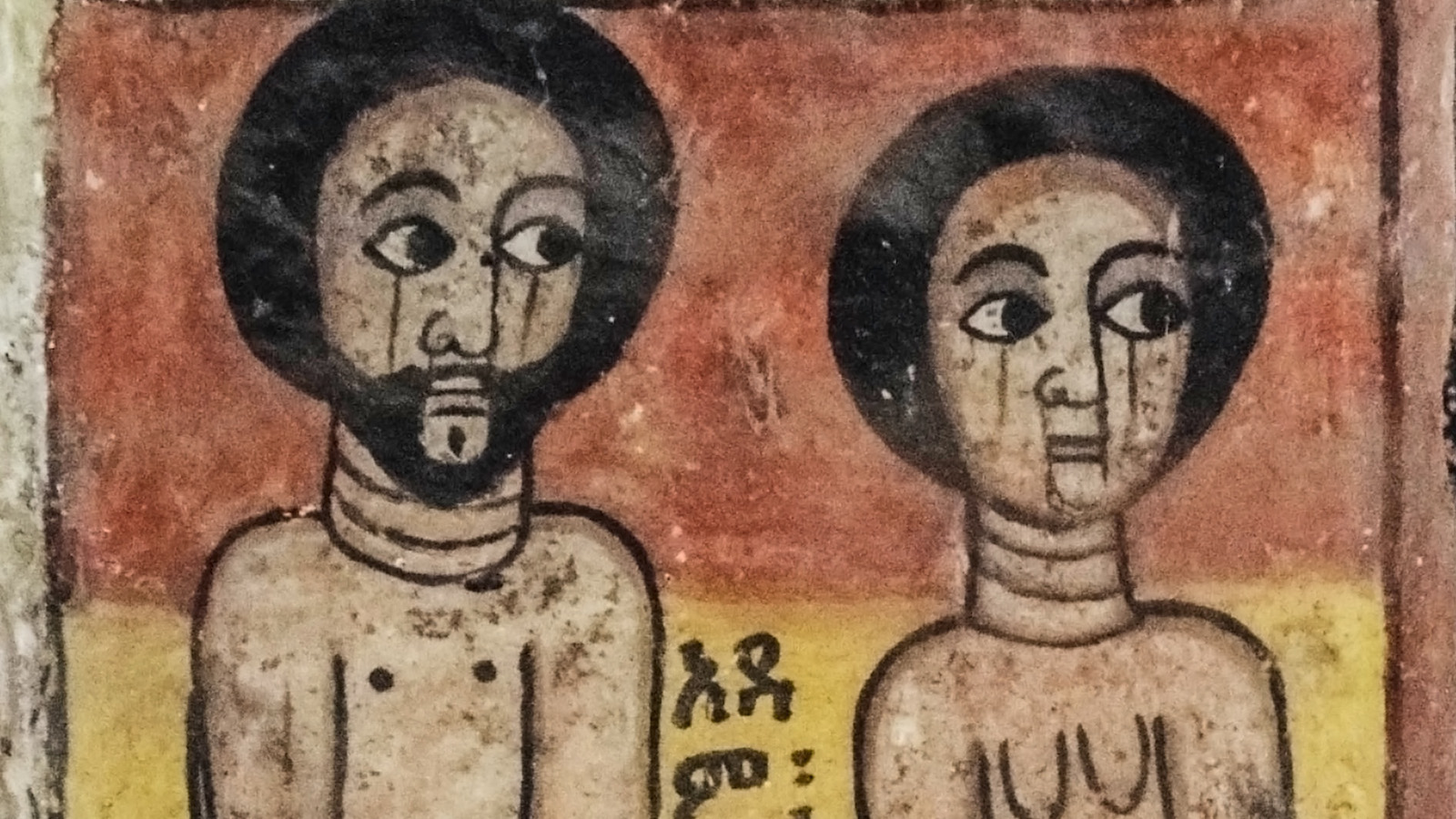Commentary on Parashat Bereshit, Genesis 1:1-6:8
After creating the first human, God realizes, “It is not good for man to be alone” (Gen. 2:18). The man names all the animals, but cannot find a companion among them; they are alien to him. God forms a woman from the man’s rib. Upon seeing her, the man exclaims, “This one at last is bone of my bones and flesh of my flesh” (2:23). The man (ish) calls the woman ishah, reflecting the sameness he senses in her. They are together naked and unashamed, close enough to feel utterly safe in each other’s company.
This idyllic relationship is soon shattered. Together in their disobedience, they pull apart while confronting God, each blaming others for his or her acts. Their relationship is now defined by their separateness, by roles and by the power he will exercise over her. The man gives the woman a name signifying her otherness; she is “the mother of all the living” (3:20). Eve’s name says much about her relationship with every human being to come, but nothing about her relationship with Adam.
Still, the preserves a record of an ideal relationship, one in which two can come together becoming “one flesh” while remaining distinct. Until the woman was created, the man was lonely. The rib that could do nothing for him while it was part of him, when separated from him made him whole. When we try to absorb another person totally, to incorporate him or her into ourselves, we find ourselves alone again. Only when we can see another person as distinct yet complementary can our relationship provide a sense of wholeness. Each of us is unique, but each of us is also alone. The Torah sets before us an ideal that affirms both our distinctness from others and the commonality that binds us to them.
Reprinted with permission from CLAL: The National Jewish Center for Learning and Leadership.

Help us keep Jewish knowledge accessible to millions of people around the world.
Your donation to My Jewish Learning fuels endless journeys of Jewish discovery. With your help, My Jewish Learning can continue to provide nonstop opportunities for learning, connection and growth.



